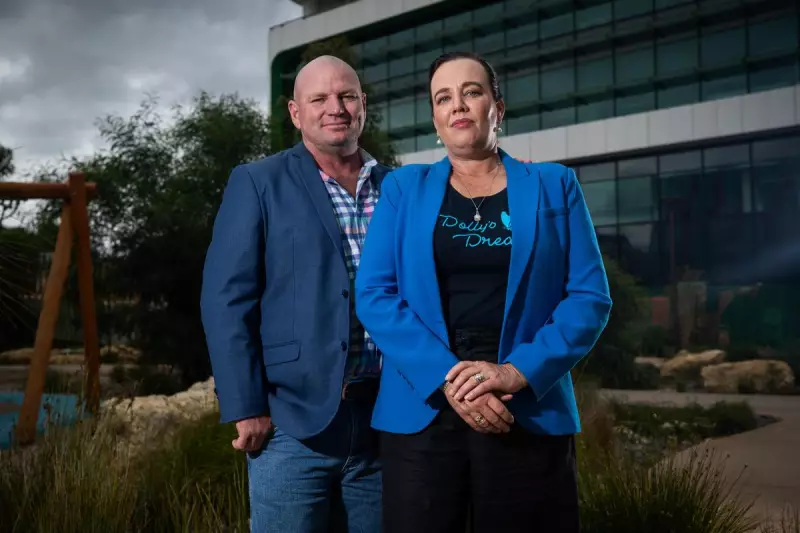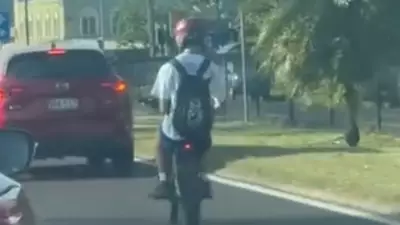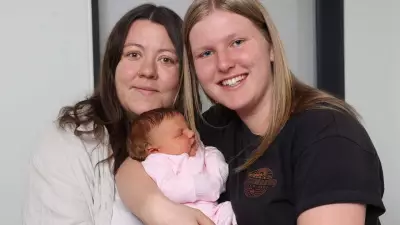
Australian researchers are launching the nation's first comprehensive study into how the controversial social media ban impacts families across the country. The groundbreaking research, led by Perth-based experts, aims to provide crucial data as the world watches Australia's bold move on digital regulation.
National Study to Track Family Dynamics
Professor Kathryn Modecki, head of the developmental science of mental health team at The Kids Research Institute Australia and a professor at the University of Western Australia, is leading this significant research project. The study will specifically examine how the social media ban affects parenting and family life for children aged nine to fifteen.
"We're really focused on what is happening in the family environment, family conflict, how parents are experiencing the ban, and how children are experiencing the ban," Professor Modecki explained. The research will follow families across the social media ban implementation timeline.
Starting next week, parents will be randomly selected and receive text invitations from The Kids Research Institute to complete a fifteen-minute online survey before the ban commences on December 10, 2025. Participants will then be asked to complete a follow-up survey approximately six months later.
International Collaboration for Comprehensive Data
Recognizing the global significance of Australia's social media ban, the research team has established partnerships with prestigious institutions worldwide. The Kids Research Institute and UWA are collaborating with non-profit research organization NORC at the University of Chicago and Edith Cowan University.
"We're partnering with NORC to use best-practice methods to random digit-dial individuals across Australia," Professor Modecki stated. This approach ensures the study captures diverse perspectives, including those from rural and remote communities and various ethnic-cultural groups.
Professor Modecki, who has fifteen years of experience in this research field, emphasized that improving parents' digital literacy and enhancing communication are essential components for keeping young people safe online.
Dolly's Dream Legacy Informs Research
The research initiative connects strongly with the work of Kate and Tick Everett, who founded the non-profit organization Dolly's Dream after their daughter Dolly took her own life in 2018 at just fourteen years old. The Northern Territory couple has been instrumental in creating resources to support families navigating the digital landscape.
"We don't want any other parents to go through what we've gone through," Mr Everett shared emotionally.
In 2023, Dolly's Dream partnered with The Kids Research Institute Australia to develop the Beacon app, an evidence-based resource that provides parents with current research and guidance on digital literacy and online safety.
As the social media ban approaches, the Everetts see the Beacon app as a vital tool for parents seeking reliable information. "We think the social media ban is definitely a step in the right direction to protect our kids from the harms that can be online," Mr Everett said.
Ms Everett emphasized the importance of support for all parents, particularly those in regional areas. "Our advice to parents would be, don't think that you're in this alone. We've got a twenty-four-hour helpline available to anyone."
The couple highlighted that creating resources to help other families has been an important part of their healing process. "That in itself is a huge part of the healing journey," Ms Everett reflected.
Mr Everett offered final advice to parents: "Get that trust with your children. We all make mistakes, but just be their friend so that they're comfortable to come to you. Trust and communication - communication is key."
Parents and carers randomly selected for the study will receive a text message from 0480 026 313. For additional support, Australians can contact Lifeline (13 11 14), Beyond Blue (1300 224 636), or Kids Helpline (1800 55 1800).





